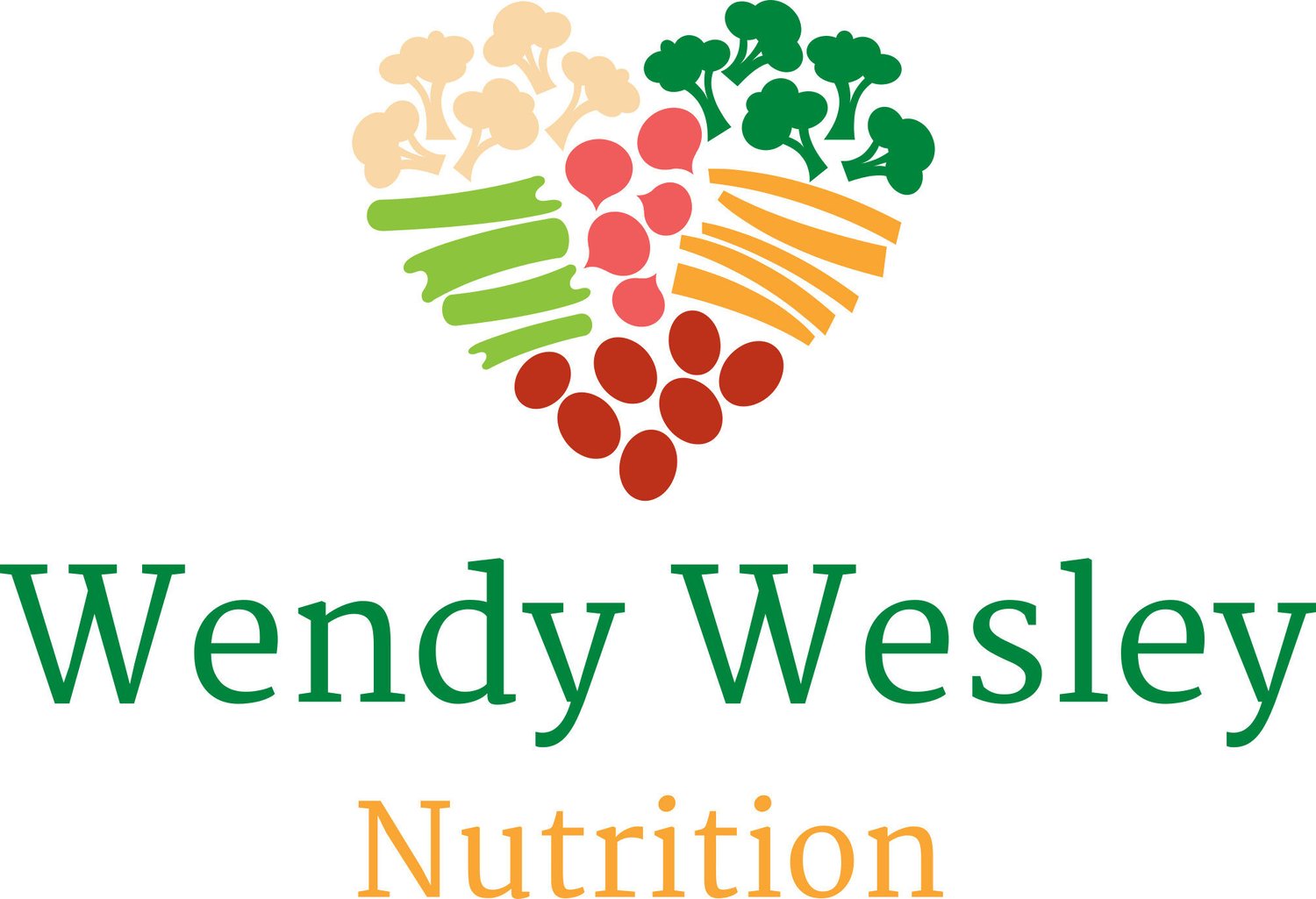Sugar, sweet and tempting, is one of the most beloved ingredients in our modern diet. While natural sugars found in fruits and vegetables are an essential part of a healthy diet, the same cannot be said for added sugars. In recent years, added sugar has become a growing concern due to its negative impact on health. In this blog, we'll delve into the dangers of added sugar, its widespread presence in processed foods, and the steps you can take to reduce your intake for a healthier and happier life.
What is Added Sugar?
Added sugar refers to any form of sweetener that is added to food and beverages during processing or preparation. This includes white sugar, brown sugar, high-fructose corn syrup, maple syrup, honey, and various syrups. Unlike the naturally occurring sugars found in fruits and dairy products, added sugars bring little to no nutritional value while contributing to an increased caloric intake.
The Dangers of Added Sugar
1. Weight Gain and Obesity: Consuming foods and drinks high in added sugar can lead to weight gain and obesity. These added sugars provide empty calories, which means they offer no essential nutrients but can still contribute to weight gain when consumed in excess.
2. Risk of Chronic Diseases: A diet high in added sugar has been linked to an increased risk of chronic diseases such as type 2 diabetes, heart disease, and non-alcoholic fatty liver disease. Excessive sugar consumption can raise triglyceride levels, increase blood pressure, and contribute to insulin resistance.
3. Dental Health: Added sugars are the primary culprits behind tooth decay and cavities. Bacteria in the mouth thrive on sugar, producing acid that erodes tooth enamel and leads to dental problems.
4. Negative Effects on Brain Health: Some research suggests that a high intake of added sugar may have negative effects on cognitive function, memory, and mood.
5. Addiction and Cravings: Sugar can trigger the brain's reward system, leading to addictive behaviors and intense cravings for sweet foods.
The Sneaky Presence of Added Sugar
One of the challenges of reducing added sugar intake is its pervasive presence in processed foods. Many packaged foods, including cereals, granola bars, yogurt, sauces, and even savory items, contain hidden added sugars. Often, these sugars are listed under various names, making it tricky for consumers to identify them. Some common aliases for added sugar include sucrose, glucose, fructose, maltose, dextrose, and cane juice, among others.
How to Reduce Added Sugar Intake
1. Read Food Labels: Start by reading food labels carefully. Be on the lookout for hidden sugars and choose products with little to no added sugar.
2. Choose Whole Foods: Opt for whole, unprocessed foods whenever possible. Fruits, vegetables, whole grains, and lean proteins provide natural sweetness and essential nutrients without the harmful effects of added sugar.
3. Cut Back on Sugary Drinks: Sugary beverages like soda, fruit juices, and energy drinks are significant sources of added sugar. Replace these with water, herbal teas, or naturally flavored water infused with fruits and herbs.
4. Cook at Home: Preparing meals at home allows you to control the ingredients and reduce added sugar in your diet.
5. Be Mindful of Sauces and Condiments: Many sauces, dressings, and condiments contain hidden added sugars. Consider making your own sauces or choose options with lower sugar content.
Conclusion
While added sugar may make food taste delicious, its negative impact on health cannot be ignored. By being mindful of food choices, reading labels, and cooking at home, you can take control of your added sugar intake and improve your overall well-being.
Wendy Wesley is a Tampa Bay registered and licensed dietitian and nutritionist who works to improve the health of the community. In her private practice, she helps individuals and families with weight loss and chronic disease management.
She owns and operates the St. Pete Cooking School where she teaches easy weeknight, nutrient-dense cooking to her students. In 2022, she was voted “Best Nutritionist” by the readers of Creative Loafing Tampa Bay.
Wendy is a food policy activist who writes, speaks and podcasts about chronic disease and nutrition insecurity to local and statewide audiences.
Her articles, recipes, interviews and cooking demonstrations have been featured in the Washington Post, San Francisco Chronicle, Reader’s Digest, Tampa Bay Times and every media outlet in Tampa Bay.
She is a former Baycare Hospital System clinical dietitian. She holds a Master of Science certificate in Human Nutrition from Iowa State University, a Bachelor of Science in Nutrition from the University of Colorado and a Bachelor of Arts in Journalism from the University of Central Florida.

